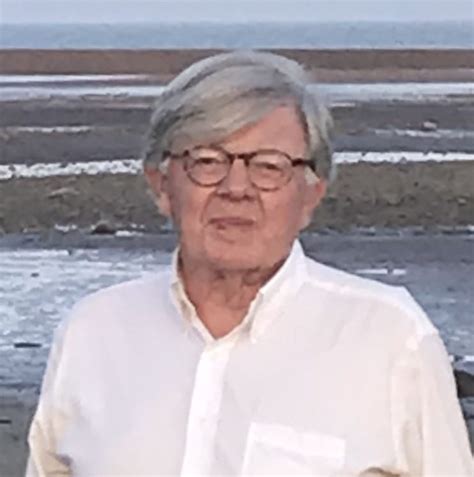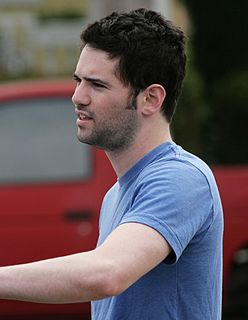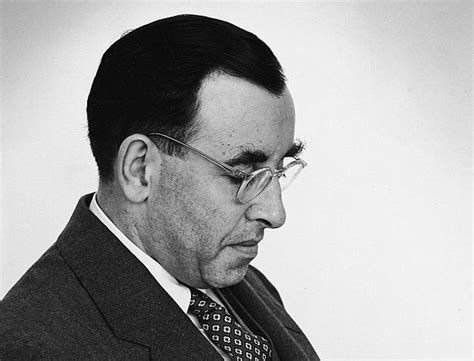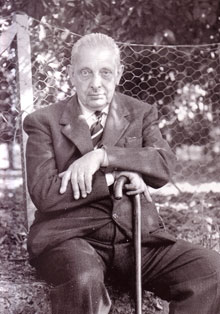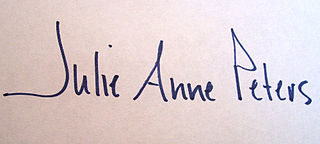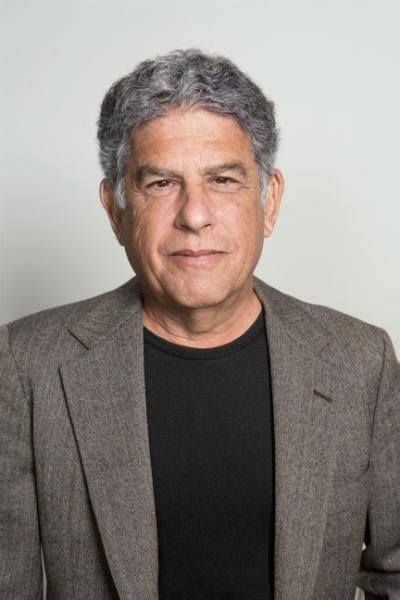A Quote by Lance Morrow
One can live with the thought of one's own death. It is the thought of the death of the words and books that is terrifying for that is the deeper extinction.
Quote Topics
Related Quotes
Death is not earnest in the same way the eternal is. To the earnestness of death belongs precisely that remarkable capacity for awakening, that resonance of a profound mockery which, detached from the thought of the eternal, is an empty and often brash jest, but together with the thought of the eternal is just what it should be, utterly different from the insipid solemness which least of all captures and holds a thought with tension like that of death.
That’s what death did, it treated you like a child, like everything you had ever thought and done and cared about was just a child’s game, to be crumpled up and thrown away when it was over. It didn’t matter. Death didn’t respect you. Death thought you were bullshit, and it wanted to make sure you knew it.
Death is not the end, but the beginning of a new life. Yes, it is an end of something that is already dead. It is also a crescendo of what we call life, although very few know what life is. They live, but they live in such ignorance that they never encounter their own life. And it is impossible for these people to know their own death, because death is the ultimate experience of this life, and the beginning experience of another. Death is the door between two lives; one is left behind, one is waiting ahead.
Whatever thought grips the mind at the time of death is the one which will propel it and decide for it the nature of its future birth. Thus if one wants to attain god after death, one has to think of him steadfastly... This is not as simple as it sounds, for at the time of death the mind automatically flies to the thought of an object (i.e. money, love) which has possessed it during its sojourn in the world. Thus one must think of god constantly.
There is no single best kind of death. A good death is one that is "appropriate" for that person. It is a death in which the hand of the way of dying slips easily into the glove of the act itself. It is in character, ego-syntonic. It, the death, fits the person. It is a death that one might choose if it were realistically possible for one to choose one's own death.
But how to know the falsity of death? How can we know there is no death? Until we know that, our fear of death will not go either. Until we know the falsity of death, our lives will remain false. As long as there is fear of death, there cannot be authentic life. As long as we tremble with the fear of death, we cannot summon the capacity to live our lives. One can live only when the shadow of death has disappeared forever. How can a frightened and trembling mind live? And when death seems to be approaching every second, how is it possible to live? How can we live?
